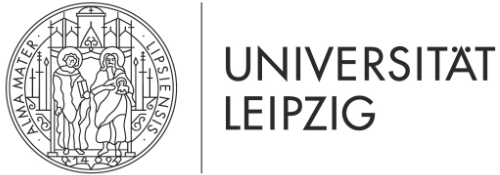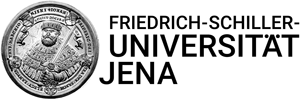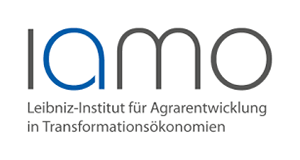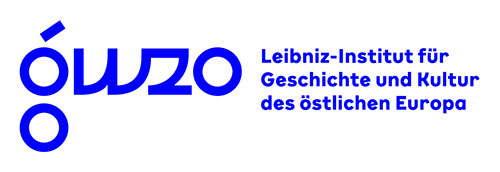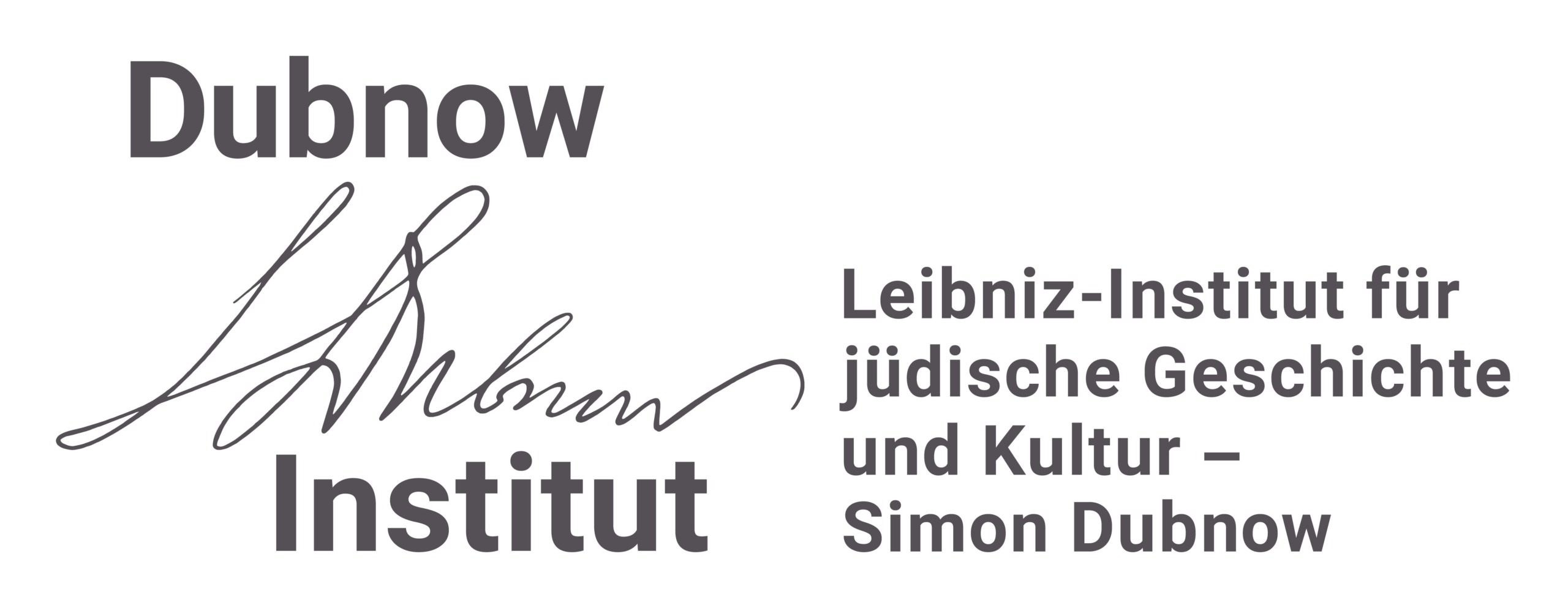Gal Kirn
Stay at EEGA: one month September / October 2017
Gal Kirn holds a PhD in political philosophy from the University of Nova Gorica (2012). He was a researcher at the Jan van Eyck Academie in Maastricht (2008-2010), and a research fellow at ICI Berlin (2010-2012). He received a fellowship at the Akademie Schloss Solitude in Stuttgart (2015), and was a postdoctoral fellow of the Humboldt-Foundation (2013-2016). He has been teaching courses in film, philosophy, and contemporary cultural theory at Justus-Liebig-Universität Gießen. Kirn published Partizanski prelomi in protislovja trznega socializma v Jugoslaviji (Partisan Ruptures and Contradictions of Market Socialism in Yugoslavia) at Sophija (2014). He is a co-editor (with Marian Burchardt) of Beyond Neoliberalism: Social Analysis after 1989 (2017, Palgrave Macmillan), (with Peter Thomas, Sara Farris, and Katja Diefenbach), (with Jernej Habjan) of Yugoslav Partisan Art (Slavica Tergestina, 2016) Encountering Althusser (Bloomsbury, 2012), (with Dubravka Sekulić and Žiga Testen), and of Yugoslav Black Wave Cinema and its Transgressive Moments (JvE Academie, 2012). He is also editor of Postfordism and its discontents (JvE Academie, B-Books and Mirovni Inštitut, 2010). From November 2017 he will become a open topic postdoctoral fellow at TU Dresden.
Research topic: „Socialist Yugoslavia: partisan Modernity“
I would like to show that the emergence of socialist Yugoslavia can show us a specific „global aspect“ that goes beyond the East that is normally seen as passive observer, or even as colonized by Soviet Union. I shall discuss this case first through „national liberation“ – partisan movement during WWII, which became an autonomous and popular engagement both against the fascist occupation and agains the old elites of Kingdom of Yugoslavia (mostly local collaborationists). This particular political autonomy and a victory over fascism and civil war paved a way for afterwar development. Socialist Yugoslavia can be seen as a case study that goes beyond the thesis of two „totalitarianism“, as already mentioned national liberation successfully liberated the country from the fascist occupation, while after 1948, Informbiro split, it went also beyond the Stalinist model and sphere of influence. Yugoslavia contributed to the creation of the non-aligned movement, which speaks of a real global alternative in two block world. This is a part of history that goes beyond binarism and exclusive alternatives, and will be in detail researched by political and cultural analysis: taking examples from cultural history (films, monuments…) that were important for „third way“, for a kind of alternative partisan archive
My stay at EEGA Campus and my scientific question – a field report
